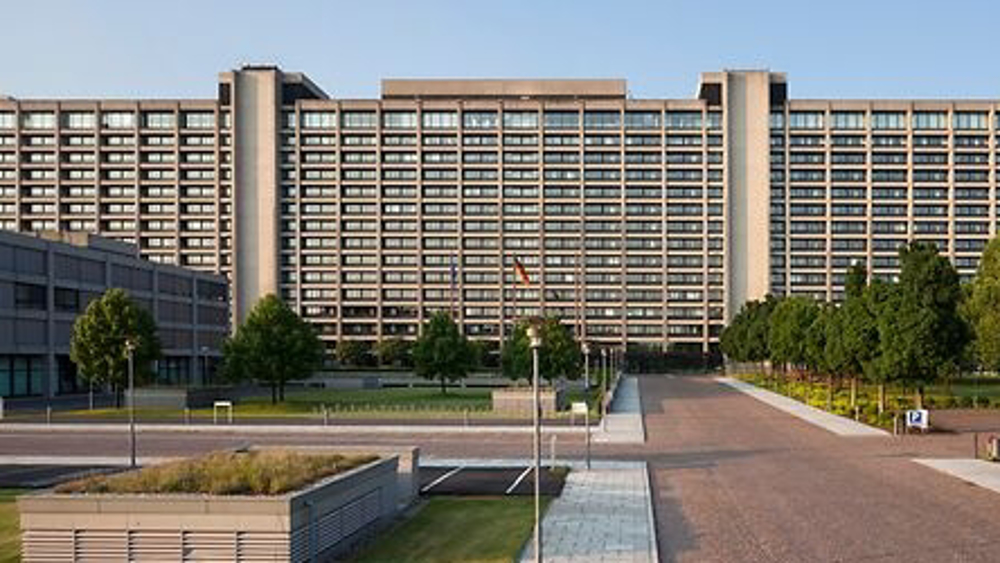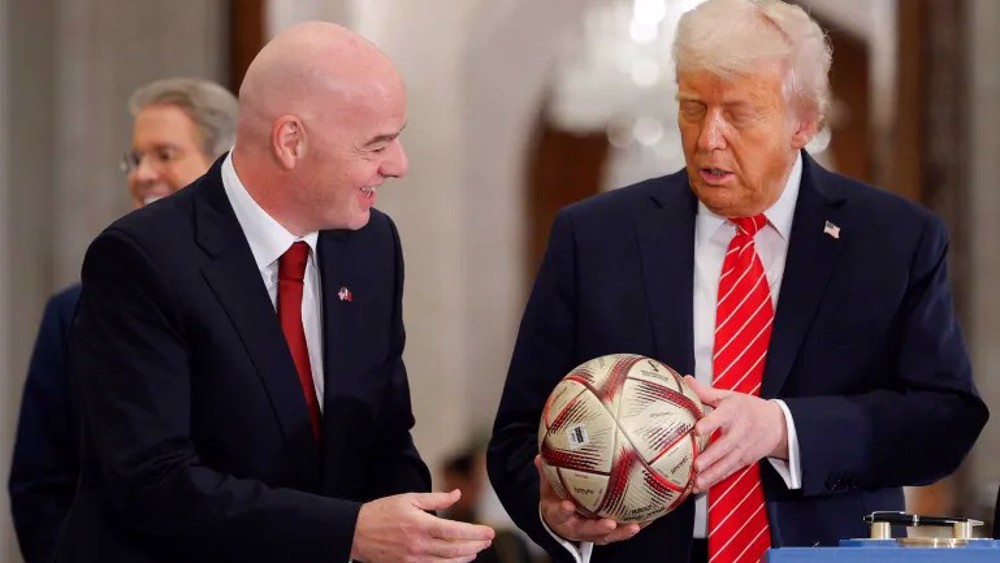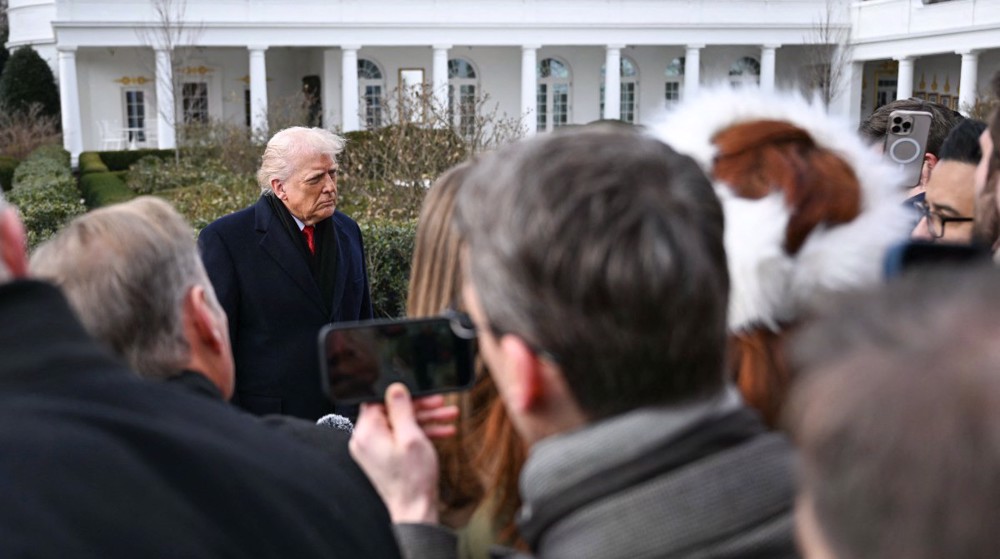Germany chancellor voices support for EU joint defense forces
Germany chancellor Angela Merkel has voiced support for the concept of a joint European defense force.
Merkel’s French counterpart Emmanuel Macron has been pushing for the establishment of a joint EU military force with the capability of international deployment.
“I am in favor of President Macron’s proposal for an intervention initiative,” said Merkel on Sunday.
She added the force “needs to fit into the structure of defense cooperation,” while adding that it would reduce the number of various EU weapon defense systems from 180 to around 30.
“With this, we will already develop more European unity. This will need to be complemented by joint strategic action in [military] deployment,” she added.
Merkel’s remarks represent a significant change of tone, with German Defense Minister Ursula von der Leyen in the past saying the idea was “not an imminent project for tomorrow.”
In April, France said it will “launch” a deployable European military crisis force in June, with French defense officials confirming that the army would work outside of existing European Union efforts.
French Defense Ministry sources revealed that the French government had been in touch with a dozen countries, including Germany, the Netherlands, the United Kingdom, and Denmark, over the military crisis force and had organized a working group to outline the idea in March.
The initiative reportedly aims to unite European countries with a military capacity and political desire to cooperate on planning, carry out joint analyses of emerging crises, and swiftly react.
In November last year, twenty three countries from the 28-member European Union have signed a pact to fund and develop a new military union.
The agreement on the Permanent Structured Cooperation, or PESCO, was signed at the European Council in Brussels on Monday and is part of efforts led by Germany and France to bring the EU closer to having a permanent joint military force parallel to NATO but exclusive to the EU.
Some members have also brandished the new union as an attempt to counter Russia. Western governments have been at odds with Moscow since the Crimean Peninsula, formerly territory of Ukraine, voted to unify with Russia in 2014.
Moscow has already been unnerved by NATO’s increased military activities on Russia’s western borders. Moscow says the military alliance seeks to establish permanent presence near Russia by gradually building up forces there.
VIDEO | Tehran tax administration building destroyed in organized arson, explosion
National unity will block threats to Iran’s territorial integrity: Intelligence minister
VIDEO | Israel-US scheme for Gaza
VIDEO | Iraqi parliament delays vote to elect new president
VIDEO | Gaza City still thirsty due to Israeli attacks, restrictions
VIDEO | Yemen discloses 'Red Sea Missile' amid shifting regional deterrence
Iranian drone swarms pose ‘credible threat’ to US naval assets: Expert
Israeli attacks kill four civilians in Gaza amid ceasefire violations















 This makes it easy to access the Press TV website
This makes it easy to access the Press TV website